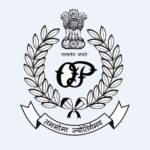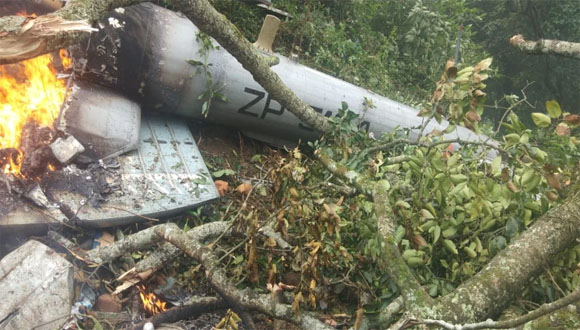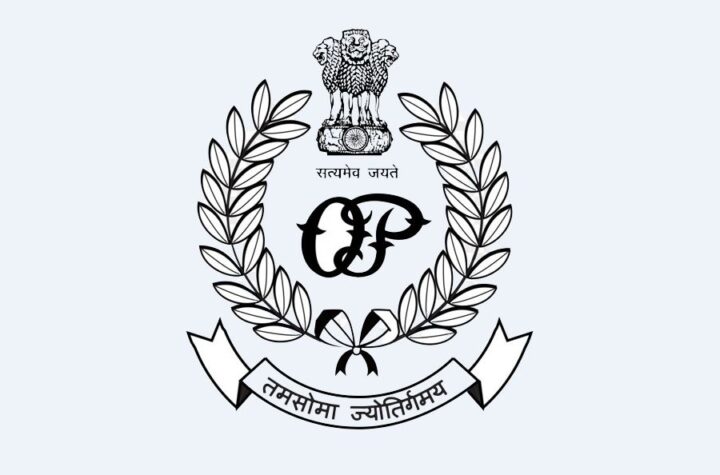In the untimely death of General Bipin Rawat in a helicopter crash in Coonoor, Tamil Nadu, India has lost a fine soldier who rose to become the country’s most senior general as its first Chief of Defence Staff. All but one of the 14 people on board were killed in the crash of the Mi-17V5 transporter, which was ferrying them from Sulur air base to the Staff College at Wellington. The Air Force has ordered an enquiry to ascertain the cause of the accident in which General Rawat’s wife, two of the three IAF pilots, his military adviser, staff officer, and five other soldiers who were members of his staff were among the killed. Rawat, who was Army chief until December 2019, when he was elevated to the newly created office of CDS, was a vastly experienced officer, having served in both the Northern and Eastern commands. He also headed the Southern command. He was involved in counter-insurgency operations in both Jammu and Kashmir and the Northeast, and his battalion was among those deployed along the Line of Actual Control in Arunachal Pradesh during the 1987 clash with the People’s Liberation Army in Sumdorong Chu. Two years into his term as India’s first Chief of Defence Staff he was presiding over the most significant transformation of the defence architecture of the country. Rawat started his career as an officer in the Gorkhas and rose to command 5/11 Gorkha Rifles, the battalion his father Lt Gen L S Rawat also commanded. As Deputy Chief of Army staff, Lt Gen L S Rawat used to take me, then a Brigadier in the Defence Planning staff, and also from the Gorkhas, to brief the Prime Minister’s Office on the Gorkhaland movement in 1988. Completing his full term of three years as Army Chief, Rawat was noted for his aggressive approach towards counterinsurgency operations in Jammu and Kashmir. Rawat’s tenure as Army chief coincided with India’s political leadership adopting a more muscular policy against Pakistan. The stand-off with China at Doklam on the LAC also took place under his watch.
As CDS, it fell to Rawat to draw up plans for the modernization of the military and make it an efficient fighting force, a responsibility he took up with much enthusiasm as it was a cause close to his heart. Reforming a military is no easy task, but in the one year that remained of his tenure, he was determined to push them through.











More Stories
LS elections: 4th phase polling records 63 pc turnout
‘Still poor country’: India going to become third largest economy in world
Viksit Bharat, Viksit Odisha: PM Appeals to State People to Vote for BJP